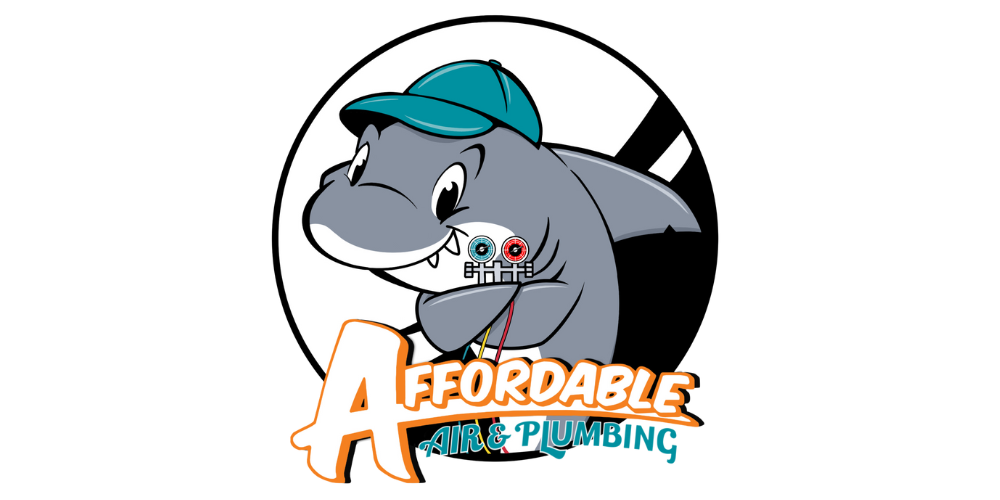How to Lower Your HVAC Energy Bill Without Sacrificing Comfort
If you’re looking for ways to reduce your energy bills without compromising indoor comfort, optimizing your HVAC system is essential. Heating and cooling account for a significant portion of household energy use, but a few smart adjustments can lead to noticeable savings. Here’s how to keep your HVAC system running efficiently while keeping your home comfortable year-round.
Upgrade to a Smart Thermostat
A smart thermostat can automatically adjust the temperature based on your schedule and preferences, ensuring that your HVAC system runs only when necessary. These devices help reduce energy waste by optimizing usage patterns. For example, setting your thermostat a few degrees higher in the summer and lower in the winter while you're away can lead to significant savings without affecting comfort. When I set up my Smart Thermostat Schedule I like to have my HVAC system to go to my temperature preferences about 10 minutes before I leave for work, and come on about 45 minutes before I get home to get my house. It’s very effective and has saved me a fair bit of money.
Change Air Filters Regularly
Your air filters play a crucial role in maintaining HVAC efficiency. Dirty or clogged filters force the system to work harder, consuming more energy and reducing indoor air quality. To keep your system running efficiently, replace filters every 1-3 months, depending on usage and household conditions. Household conditions can include things like owning a pet. I have two dogs and I end up changing my filter monthly as there’s more debris and dander going through my HVAC system. Regular cleaning like dusting, sweeping and vacuuming helps quite a bit as well, since these specific chores pick up the dust and dander that can get sucked up into the HVAC system.
Seal Air Leaks and Improve Insulation
Leaky windows, doors, and ductwork allow conditioned air to escape, causing your HVAC system to work harder. Sealing leaks with caulk or weather stripping and adding insulation to key areas like the attic and walls can enhance efficiency and reduce energy consumption. A well-insulated home helps maintain stable indoor temperatures with less reliance on heating and cooling. Recaulking can be one of the best first steps you can take and just about anyone can handle caulking windows on their own with tutorials and a little practice.
Schedule Routine HVAC Maintenance
Preventative maintenance ensures that your HVAC system operates at peak efficiency. A professional technician can clean components, check refrigerant levels, inspect ductwork, and address minor issues before they turn into costly repairs. Regular maintenance helps extend the lifespan of your system and keeps it running efficiently throughout the year.
Use Ceiling Fans to Improve Air Circulation
Ceiling fans can help distribute air more effectively, allowing you to set your thermostat a few degrees higher in summer and lower in winter without sacrificing comfort. In warm months, set fans to rotate counterclockwise to create a cooling effect, and in cooler months, switch them to clockwise to push warm air down.
Upgrade to a High-Efficiency HVAC System
If your system is over 15+ years old, replacing your AC with a high-efficiency model can provide significant energy savings. Look for units with a high SEER (Seasonal Energy Efficiency Ratio) rating or Energy Star certification to ensure maximum efficiency. While the upfront cost may be high, the long-term savings on energy bills make it a worthwhile investment. It is also important to note that most air conditioners will only last around 15-20 years, so it’s important to prepare to replace the unit once you start approaching the age that it is most likely to fail.
Reduce Heat Gain with Window Treatments
Sunlight streaming through windows can significantly increase indoor temperatures, forcing your AC to work harder. Using blackout curtains, blinds, or reflective window films during peak sunlight hours can help maintain a cooler indoor environment and reduce the strain on your HVAC system.
Minimize Heat-Generating Activities
Household activities like cooking, using the oven, and running the dryer produce heat, making your HVAC system work harder. Using appliances during cooler times of the day—like early morning or evening—can help minimize heat buildup. Consider grilling outdoors or using a microwave to cook instead of turning on the oven during hot months. During the warmer months I like to use my toaster oven, grill, crock pot, or instant pot to make food as these generate less heat than the oven and stove top.
Maintain and Inspect Air Ducts
Your HVAC system relies on clean, well-sealed ducts to efficiently deliver conditioned air throughout your home. Dust, debris, and leaks in ductwork can hinder airflow and force your system to work harder. Having ducts professionally cleaned and inspected ensures that air reaches each room efficiently, reducing energy waste.
Conclusion
Reducing your HVAC energy bill doesn’t mean sacrificing comfort—it’s all about making smart, strategic improvements. From upgrading to a smart thermostat and ensuring proper insulation to routine maintenance and upgrading to high-efficiency HVAC systems, there are plenty of ways to enhance efficiency while staying comfortable year-round. Even small adjustments, like using ceiling fans and limiting heat-generating activities during peak hours, can make a noticeable difference. By taking proactive steps, you can enjoy lower energy costs while keeping your home at the perfect temperature no matter the season.

